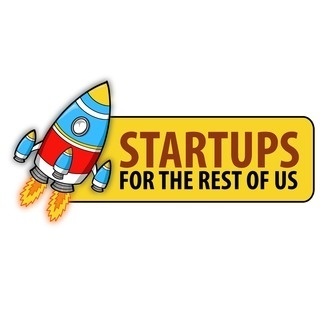Founder Lesson
I focus most of my time on high-growth startups. I define these as businesses that benefit from a major need the market. Once demand is proven for these businesses, outside resources (like capital and people) can then be applied to these businesses to get tremendous growth.
The term “bootstrapped” startup defines a different type of startup where the founder focuses less on a major market need or high growth and more on their ability to get a business financially sustainable with as little resources as possible - typically only their own personal resources.
In truth, my posture lies between these two, but I definitely spend more time working on high-growth startups.
Despite my own bias, there are many benefits to bootstrapping. One benefit/characteristic that is part of my personal playbook is the amount of time focused early on validating the idea. Because bootstrapped founders have fewer resources, they tend to focus more (as I do) on very early proof of product-market fit.
One of my favorite podcasts for bootstrapped startups is Startups For The Rest Of Us. These guys do the best job at distilling down the main elements of bootstrapped startups.
This particular podcast caught my eye because they were very clear on the steps that they take to validate their own startup ides.
The stages they mention are...
Stage #1 - Is there a problem?
Stage #2 - Is my solution the right solution to this problem?
Stage #3 - Is my product idea the right mechanism for this solution?
Stage #4 - Will people pay for the product if I build it?
Stage #5 - Can I reach the people who will pay?
I currently speak with 2 - 4 first-time founders per day. If I could snap my fingers and be able to change one habit across this entire group it would be way more diligence in validating demand for their ideas very early.
Most first-time founders that I meet just want to build their product because in their heart of hearts they know that customers just need to experience their product and they will love it. Nine out of ten times this isn’t the case and these founders would be much better served by spending way more upfront time validating demand.
Get Right to the Lesson
I’d recommend listening to the entire thing, but to get right to the point go to minute 5:16 of this podcast.

Thanks to these folks for helping us all learn faster
Mike Taber (@SingleFounder)
Rob Walling (@robwalling)
Please let me and others know what you think about this topic
Email me privately at dave@switchyards.com or let's discuss publicly at @davempayne.
The best startup advice from experienced founders...one real-world lesson at a time.
